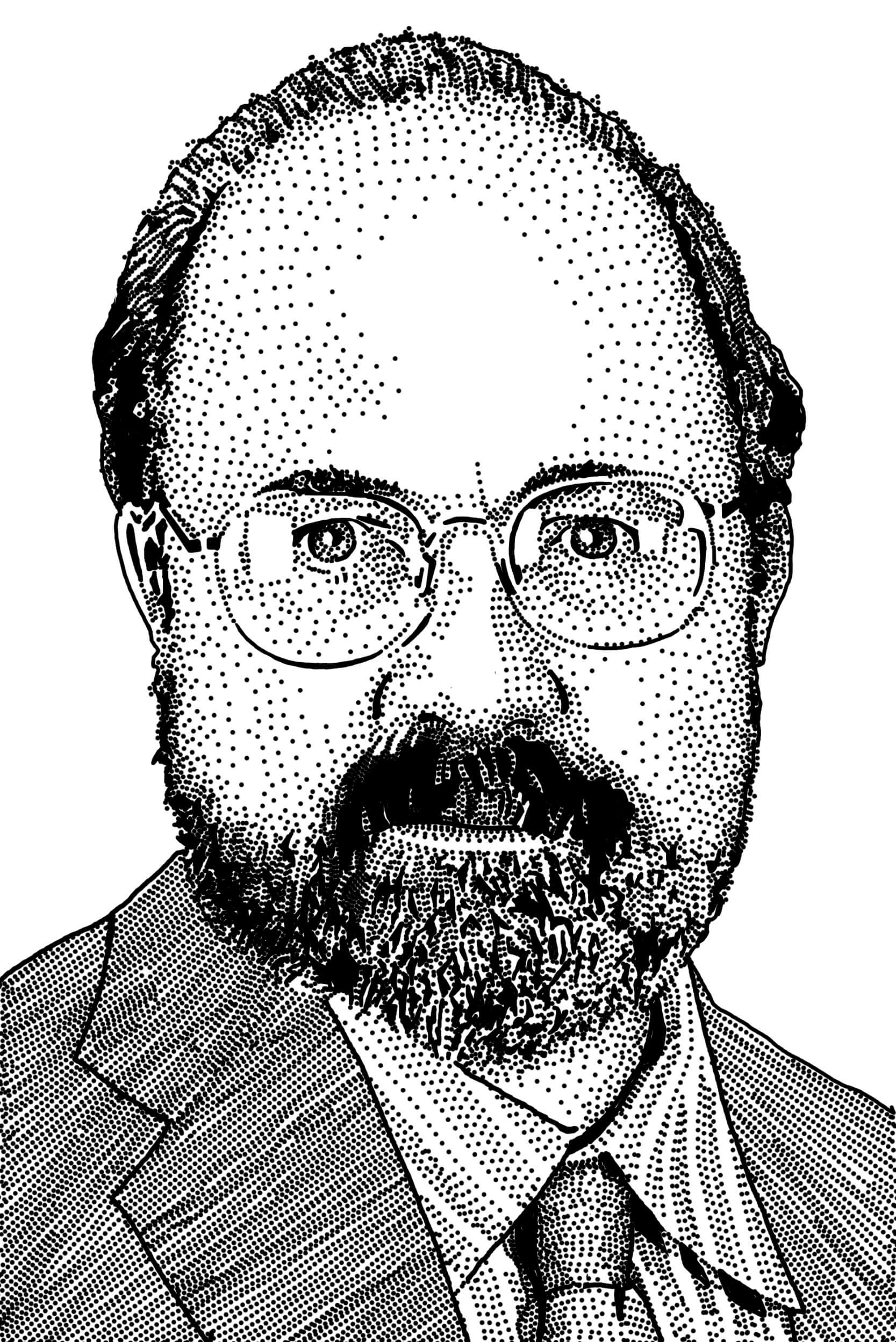
Creating smart cities while also protecting the personal data of its citizens is no easy task these days, particularly with growing public awareness and concern about how their data is being used and shared. It’s become a challenge particularly in Europe, where urban designs lend themselves well to smart city concepts, yet the region’s dedication to protecting citizen data is of paramount importance.
That’s why at last month’s MEMS, Imaging and Sensors Summits, in Grenoble, France, I was so captivated by the keynote, From Cloud to the Edge: the Smart City and Personal Data delivered by Claus Habfast, vice-chair, Grenoble-Alps Metropolitan Council, that I decided to interview him to learn more about the council’s vision for Grenoble’s smart city initiative. This blog is post is the result of our conversation.
The data dilemma
The use and sharing of data, particularly personal data, is a hot-button topic particularly with the recent Equifax and Facebook breaches. These incidences really hammered home how consumers freely hand over personal information in exchange for the ease of obtaining goods services, often without fully understanding the implications.
The European Union has always been concerned about its citizens’ right to privacy, and first established its Data Protection Directive in 1995. In 2016, ongoing shenanigans by companies, like Google and Facebook, inspired the EU to impose even stricter policies in the General Data Protection Regulation, which was fully implemented in May 2018.
Enter smart cities
Wikipedia defines smart cities as “urban areas that use different types of electronic data collection sensors to supply information, which is used to manage assets and resources efficiently.”
The benefits of smart cities are numerous. Experts predict they will reduce a city’s overall carbon footprint, improve water supplies and other vital resources, increase the safety of its citizens, provide alternative transportation options, and more.
Recognizing these benefits, The European Commission launched the European innovation partnership on smart cities and communities (EIP-SCC) to “improve urban life through more sustainable integrated solutions and address city-specific challenges from different policy areas such as energy, mobility and transport, and ICT.”
But how can Europe have this particular cake and eat it too? Can smart cities truly be established without compromising the general privacy of its citizens? Habfast says yes. And Grenoble is just the place to make that happen.
Grenoble gets smart

Habfast detailed the Council’s vision for Grenoble, which will focus on improving quality of life, reducing its carbon footprint through sustainability, and social inclusion for all citizens. This long-term (30-year) plan encompasses everything from street lighting and other utilities, to smart public housing, connected autonomous vehicles (CAVs), agriculture, and more.
Many of these projects require the ubiquitous integration of reliable sensors for gathering critical data needed to execute smart systems. This will be a costly venture that will need more than subsidies to be sustainable, noted Habfast.
The key lies in finding a way to monetize the data without violating citizens right to privacy.
Cloud vs. edge computing
Edge computing is another current buzzword receiving a lot of attention. In cloud computing, raw sensing data is transmitted to the cloud from the device for signal processing. The information is then transmitted back to the device.
In edge computing, the processing is done locally at the device. This requires more processing power on the device itself but delivers the information in real time. This is why edge computing is important to autonomous vehicles, for example, where split-second decisions need to be made.
While edge computing provides advantages with regard to speed, latency, and cost, in smart city applications, how it impacts data ownership and privacy is what matters most, explained Habfast.
Making money with our data
Data stored and processed on the cloud is often owned by the service storing it, depending on terms and conditions. Data stored and processed at the edge – on local servers – or even the far edge on our personal devices – is owned by the individual.
For example, Amazon stores personal data gathered by Alexa on Cloud-based servers, not on the speaker itself. Because Alexa purchasers agree to a blanket waiver when they click the terms and conditions box, Amazon becomes the owner of this data and they use it to earn money.
By “earn money”, Habfast explains, he doesn’t mean serving you ads to prompt more purchases. It’s more complex than that.
Companies like Amazon and Google (think WAZE and Google Search) can use data mined from multiple sources to find patterns about the neighborhood where you live. For instance, they can determine how much pizza is ordered in your neighborhood to determine if it’s a good location for a pizza shop and sell that information to Domino.
“As a city leader, I don’t believe Amazon or Google should know more about our citizens than we do. That’s unacceptable,” said Habfast.
That’s why Grenoble city leaders are committed to finding ways to preventing private companies from benefiting from the personal data of its citizens, and instead are finding ways to harness this power to support smart city efforts in a way that also protects the citizen.
Self-data model
Because of public services, cities already store -and theoretically have access to – citizens personal data, such as tax information and health records. This data is provided for a specific, payed-for service, and we expect that it will not be used outside the scope of that reason. We don’t seem to have the same concern for data freely given in exchange for search engine information, noted Habfast.
Moreover, he says using the Internet model of free services against data re-use to replace the established model of public services behind a paywall as a way to fund a smart city infrastructure won’t work, because of the sensitive nature of most personal data. Rather, he suggests a hybrid approach with a pay model that also gives the citizen the option of sharing data on a case-by-case basis.
He described one scenario in which city-gathered personal data, such as library book accounts, school meal plans, electric power consumption, is stored in edge-server “silos” where it can be used only intended purposes. To use the data outside its intended purpose requires permission by the citizen, granted through a smartphone-based app that is secure. This approach is called “self-data”, he said. This can also be used to crowdsource data from both home sensors and mobile devices.
City-operated ride-hailing and other mobility services (ie: parking) is another revenue-generating opportunity that can be reclaimed from private companies, while also protecting citizen data. When CAVs are a reality, explained Habfast, incorporating them into the city’s already robust transportation system will solve the traffic congestion problems. A contactless sensor system will make it possible for passengers to pay their share of road tolls, parking, and transport fees while allowing anonymous payments for bus tickets to allow for moving around the city without being tracked.
A final word
Habfast’s talk included many more details on Grenoble’s smart city initiative. But his final word on the topic of personal data protection was this: “Merging open and personal data can often be useful but it is the citizen who decides. This means that personal data – electricity meter readings, geo-localization, traffic recordings, library loans and so forth – must remain in the edge: in a citizen’s device, or in an edge server protected by city authorities, with the decision to share that data left to the citizen.”
To this, I say “Bravo”. Looking forward to seeing it in action. ~ FvT



















